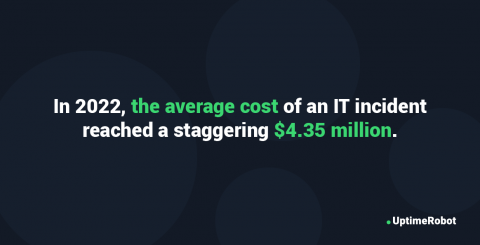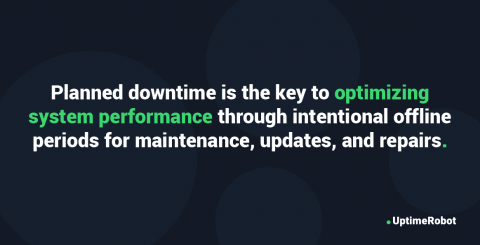10 Incident Management Best Practices
Before we dive into the nitty-gritty of incident management, let’s look a bit closer at the actual meaning of ‘incident.’ In the world of IT service management, the official definition for ‘incident’ is an “unplanned interruption to an IT service or reduction in the quality of an IT service.” Whether that means a slowdown in response time or a total system crash, you’re looking at an incident.





